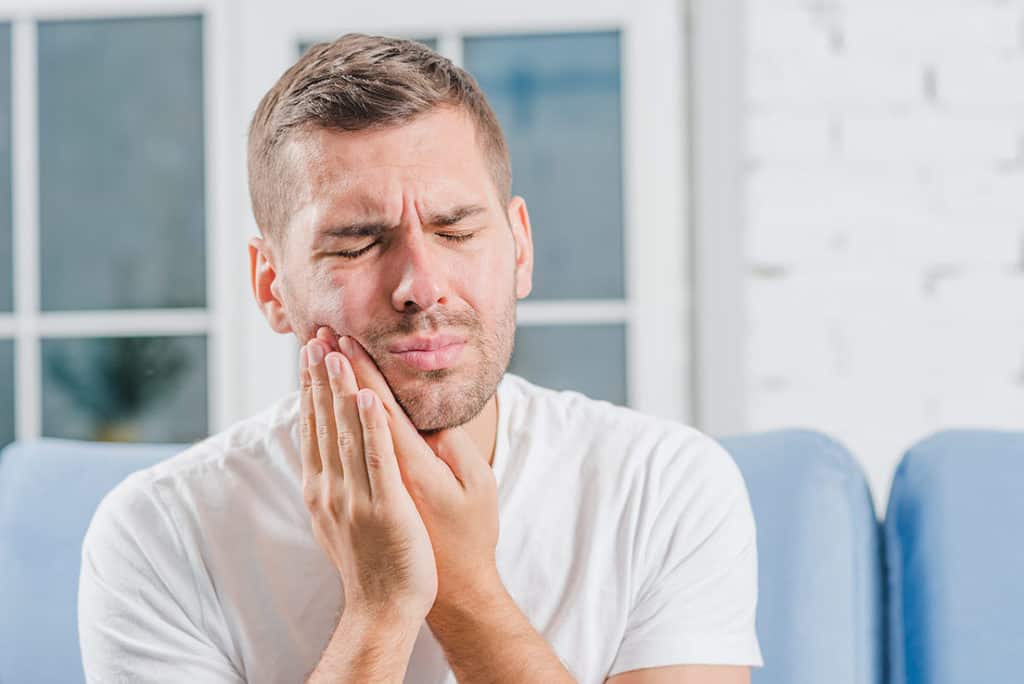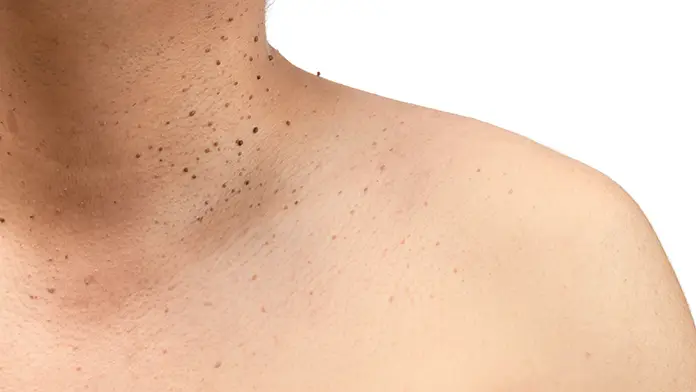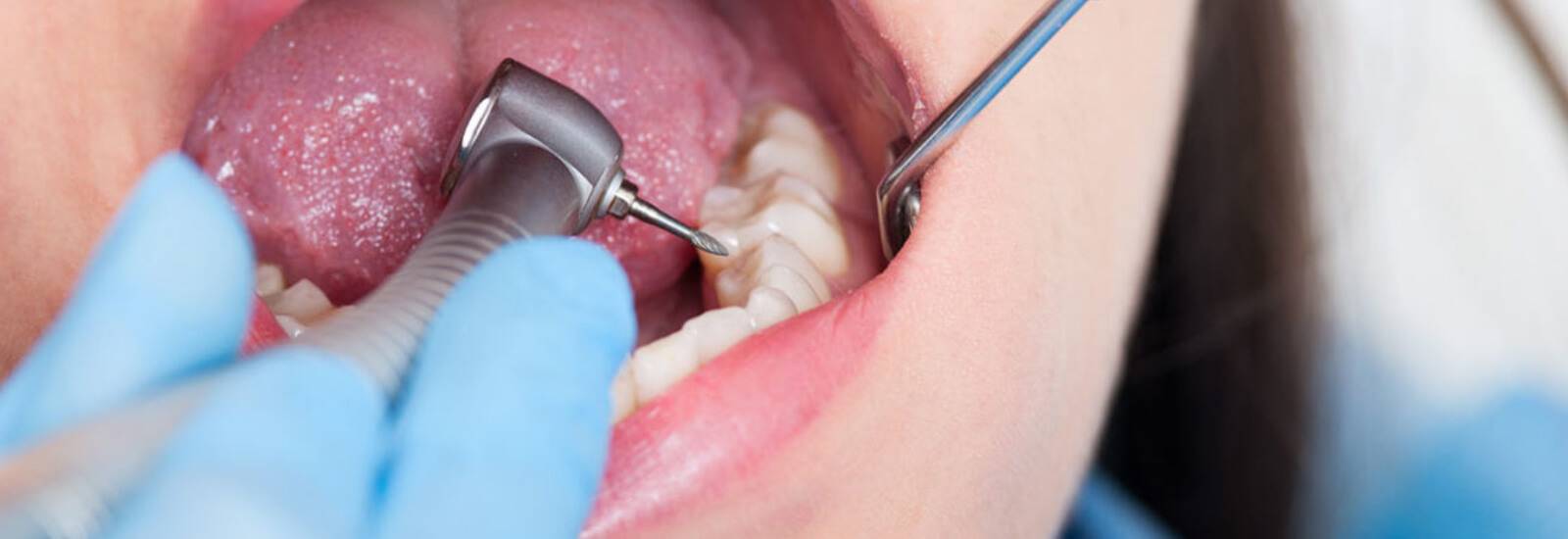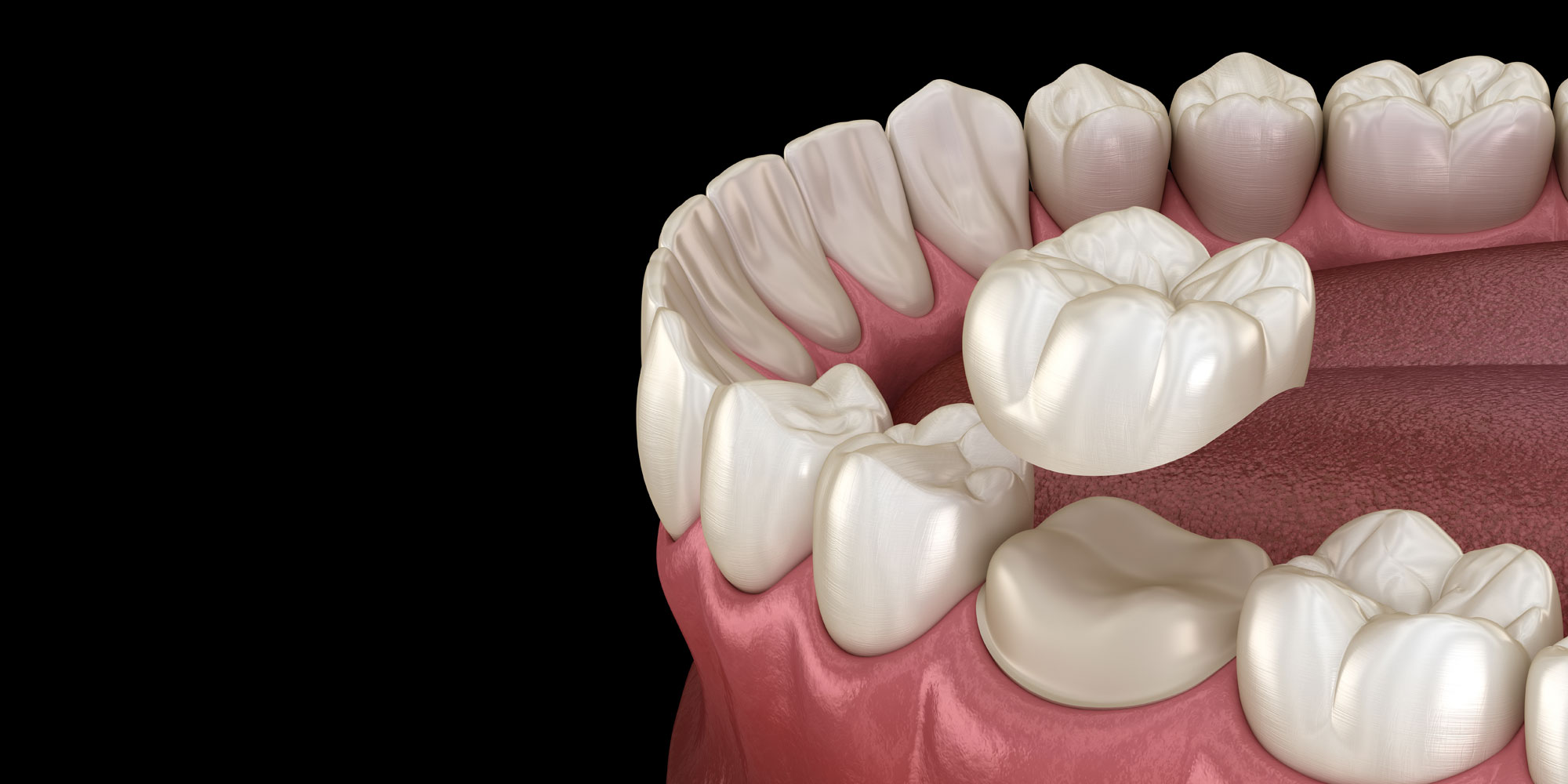What Causes Tmj Ear Pain? Relief Solutions

The temporomandibular joint, or TMJ, is a complex system of bones, muscles, and ligaments that connects the jawbone to the skull. It plays a crucial role in facilitating movements such as chewing, talking, and yawning. However, when the TMJ is not functioning properly, it can lead to a range of uncomfortable symptoms, including ear pain. But what causes TMJ ear pain, and what relief solutions are available?
One of the primary causes of TMJ ear pain is the close proximity of the TMJ to the ear. The joint is located just in front of the ear, and the muscles that control jaw movement are connected to the bones in the middle ear. When the TMJ becomes inflamed or irritated, it can radiate pain to the surrounding areas, including the ear. This is often referred to as referred pain, where the pain is perceived in a location other than the actual source.
Another factor that contributes to TMJ ear pain is the compression of the nerves that run through the joint. The TMJ contains several nerves that transmit pain signals to the brain, including the auriculotemporal nerve, which runs from the TMJ to the ear. When the TMJ is inflamed or damaged, it can compress these nerves, leading to pain and discomfort in the ear.
Other potential causes of TMJ ear pain include:
- Bruxism: Grinding or clenching the teeth, often during sleep, can put pressure on the TMJ and lead to pain and inflammation.
- Malocclusion: A misaligned bite or crooked teeth can put strain on the TMJ, leading to pain and discomfort.
- Arthritis: Conditions such as osteoarthritis, rheumatoid arthritis, and psoriatic arthritis can cause inflammation and damage to the TMJ, leading to ear pain.
- Trauma: A blow to the jaw or a sudden injury can cause damage to the TMJ and lead to ear pain.
Fortunately, there are several relief solutions available for TMJ ear pain. These include:
- Physical therapy: A physical therapist can help to improve jaw alignment, reduce muscle tension, and increase range of motion in the TMJ.
- Pain relief medications: Over-the-counter pain medications such as acetaminophen or ibuprofen can help to alleviate pain and inflammation.
- Mouth guards: A custom-made mouth guard can help to reduce bruxism and alleviate pressure on the TMJ.
- Relaxation techniques: Stress-reducing techniques such as meditation, deep breathing, or yoga can help to reduce muscle tension and alleviate TMJ pain.
- Surgical intervention: In severe cases, surgical intervention may be necessary to repair or replace the damaged TMJ.
In addition to these relief solutions, there are several lifestyle changes that can help to alleviate TMJ ear pain. These include:
- Maintaining good oral hygiene: Regular brushing and flossing can help to reduce the risk of dental problems that can contribute to TMJ pain.
- Avoiding chewy or hard foods: Avoiding foods that are difficult to chew, such as gum or hard candy, can help to reduce strain on the TMJ.
- Practicing relaxation techniques: Regular relaxation practices, such as meditation or deep breathing, can help to reduce muscle tension and alleviate TMJ pain.
- Getting regular exercise: Regular exercise can help to reduce stress and improve overall health, which can help to alleviate TMJ pain.
- Consult with a healthcare professional to determine the underlying cause of TMJ ear pain.
- Develop a comprehensive treatment plan, which may include physical therapy, pain relief medications, and lifestyle changes.
- Practice relaxation techniques, such as meditation or deep breathing, to reduce muscle tension and alleviate TMJ pain.
- Avoid chewy or hard foods and maintain good oral hygiene to reduce the risk of dental problems that can contribute to TMJ pain.
In conclusion, TMJ ear pain is a common symptom of a larger issue, such as a misaligned bite or an underlying medical condition. By understanding the causes of TMJ ear pain and implementing relief solutions, individuals can alleviate their symptoms and improve their quality of life.
What are the most common causes of TMJ ear pain?
+The most common causes of TMJ ear pain include bruxism, malocclusion, arthritis, and trauma. These conditions can lead to inflammation and damage to the TMJ, resulting in pain and discomfort in the ear.
How can I alleviate TMJ ear pain at home?
+To alleviate TMJ ear pain at home, try practicing relaxation techniques, such as meditation or deep breathing, and avoid chewy or hard foods. You can also try over-the-counter pain relief medications, such as acetaminophen or ibuprofen, to alleviate pain and inflammation.
When should I seek medical attention for TMJ ear pain?
+


